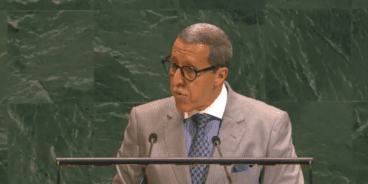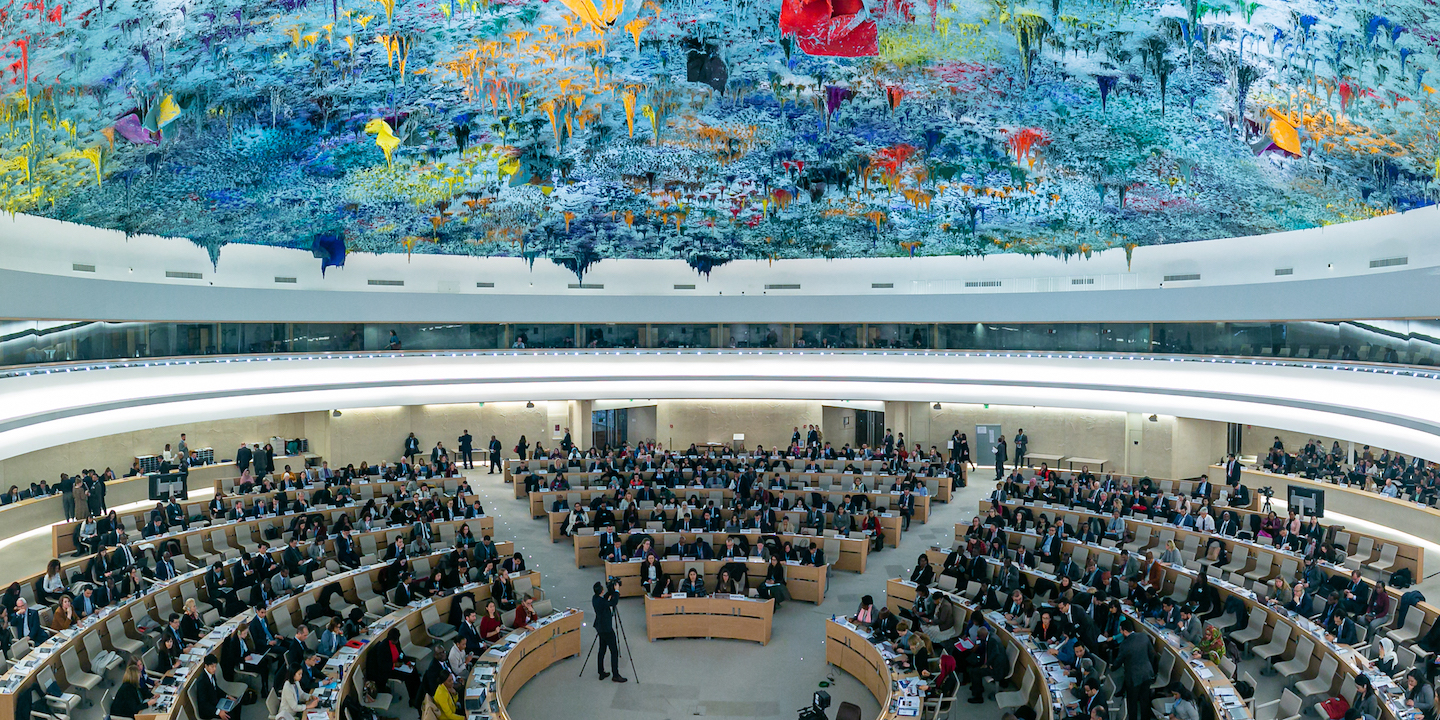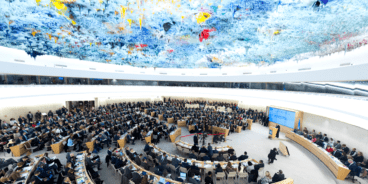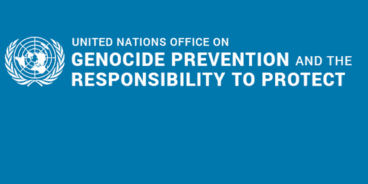

Statement delivered on behalf of the Group of Friends of R2P on Item 2 at the 43rd session of the Human Rights Council
Group of Friends of R2P Geneva
Statement on Item 2 – Annual report of the United Nations High Commissioner for Human Rights and reports of the Office of the High Commissioner and the Secretary-General
27 February 2020
Madame President,
I have the honour to deliver this statement on behalf of members of the Group of Friends of the Responsibility to Protect.
We thank the High Commissioner for her tireless efforts to report on human rights violations and abuses and urge the international community to protect vulnerable populations around the world. Gross human rights violations often serve as early warning signs of situations that may escalate into atrocity crimes. We would therefore like to emphasize the crucial role that OHCHR – as well as the Human Rights Council (HRC) and its procedures and mechanisms – can and should play in the prevention of atrocity crimes, in accordance with their mandates.
Madame President,
This year marks the 15th anniversary of the Responsibility to Protect – a political commitment to protect populations from genocide, war crimes, crimes against humanity and ethnic cleansing, which was unanimously adopted at the 2005 World Summit. It has since become an important global principle to respond to warning signs and evidence of potential atrocity crimes. We would like to use this year’s anniversary to emphasize that Geneva-based human rights mechanisms are of particular relevance to upholding our individual and shared responsibility to protect.
Special Procedures mandate holders are often at the forefront of raising awareness about risk factors which may lead to atrocity crimes. The Special Rapporteurs for Myanmar had raised alarm about human rights violations long before August 2017. Other mandate holders, including for the Democratic People’s Republic of Korea, have continuously highlighted the risk of potential crimes against humanity. The Commission of Inquiry on Burundi similarly utilized the UN “Framework of Analysis for Atrocity Crimes” in its September 2019 report to warn about the serious risk of renewed atrocity crimes, making a direct linkage between rising human rights violations and the potential for atrocities to occur.
These examples demonstrate the valuable role of Special Procedures and other Geneva-based mechanisms in making information on risk or evidence of potential atrocities readily available; but it requires greater action and collective mobilization by states to move from raising awareness to further increasing the positive impact of the mechanisms on vulnerable populations.
Additionally, technical assistance and capacity building through the Human Rights Council and its procedures can contribute to upholding Pillar I and Pillar II of R2P. Providing such assistance for all States affected by armed conflict and atrocities can form a key aspect of a holistic international effort to respond to ongoing or past crises and strengthen national capacities and societal resilience.
The HRC can also contribute to accountability for past gross human rights violations. HRC-mandated investigative mechanisms may have long-lasting importance for processes of legal and political accountability. In addition, these mechanisms may also help re-establish the rule of law, promote stable and durable peace and have a deterrent effect on the future commission of atrocity crimes.
These examples highlight the potential that the HRC, its members and observers have in responding to situations where vulnerable populations are at risk of, or experiencing potential atrocity crimes. Yet, as we celebrate 15 years of R2P, we must become better in utilizing the information collected by these mechanisms in a timely and decisive manner to prevent atrocities before they occur. The political commitment made by 15o heads of states and government in 2005 must be translated into a practical reality regardless of where atrocities are occurring, or who is committing them.
Thank you.
Related Content


